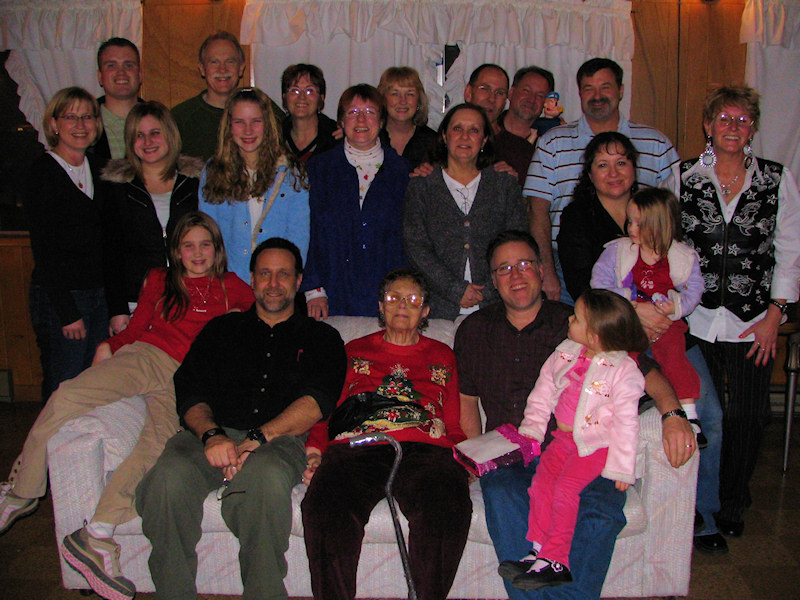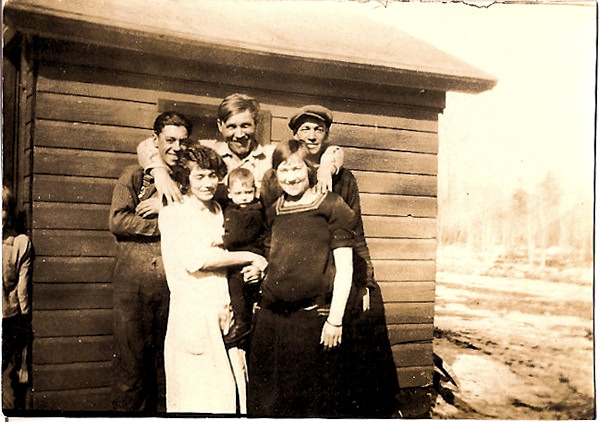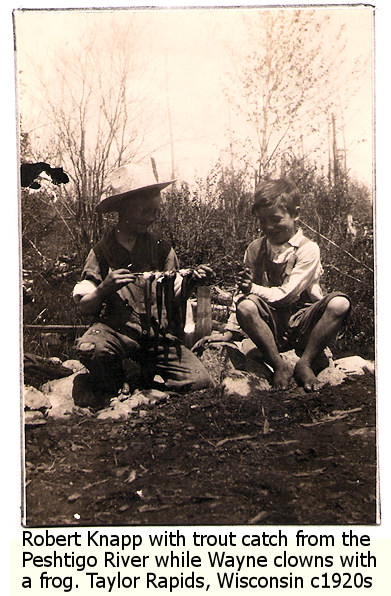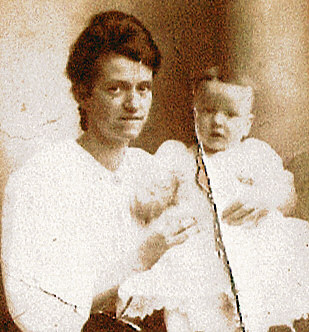Tips from the Pros: Date Estimates-More Than a Good Guess from Ancestry.com offers some great information on how to estimate your ancestors’ dates.
Most online database websites provide a field for selecting the date range of a search, or the age range of an individual in a particular record. An age range is, in fact, a date range because you are estimating the period of years in which a birth took place. Regardless of the nature of the date estimate or the breadth of years you choose to search, careful analysis should go into the choice.
When searching for an individual take into account what date information you have and where it came from. Can it be considered accurate? What did a record state? Some individuals regularly lied about age, not necessarily with any consistency as to the error. Some records did not require an accurate age, perhaps just an indication the individual was over the age of twenty-one.
A successful search could also depend upon the date when the record was made. This is true of wills. The date of probate is more significant and may have been years after the date of death.
Many family history and genealogy programs will help you estimate the age and various events in the list of your ancestor, but a lot of the estimating comes from guessing. The more informed your guess, the closer to the truth you might be.
When you record a “guess” or “estimate” in the research information of your ancestor, make sure you label it as such. The next generation of family history researchers might think your guess is a fact and be led astray by the mistake. Be clear on what is a known and verified fact and what is a guess or estimate in your research records.
Most Recent Articles by Lorelle VanFossen
- The Myths and Mysteries and Hunt for Nicholas Knapp
- The Perpetual Calendar
- GenSmarts: Reminder to Not Assume
- Gensmarts Saves Your Family History Research Life
- Digging Through Historical Newspapers Online





